January 6 stands as one of history’s most eventful days, witnessing the rise and fall of empires, groundbreaking discoveries, and moments that shaped our modern world across centuries of human achievement.
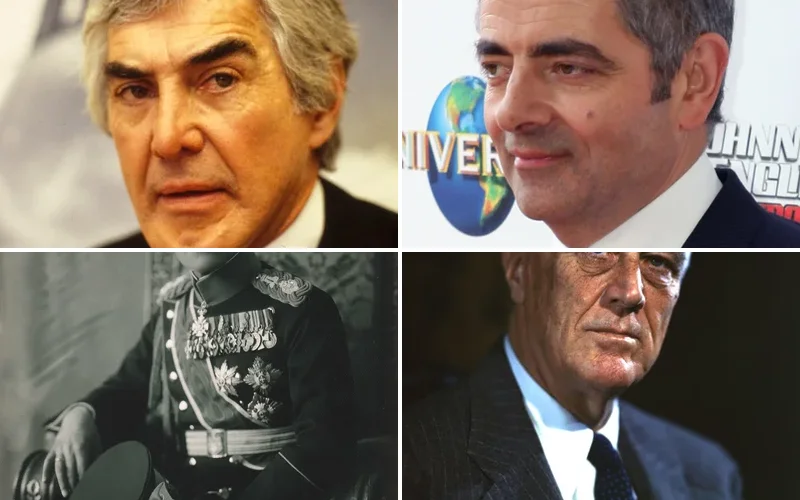
Politics and Government Events on January 6
1912 – New Mexico Admitted to Union as 47th State
New Mexico achieved statehood on this historic date, joining the United States as the 47th state. The long territorial period finally ended after decades of political negotiations and population growth.
The admission completed a significant phase of American westward expansion. New Mexico’s vast landscapes and diverse cultural heritage added new dimensions to the growing nation’s identity.
1929 – King Alexander Suspends Yugoslav Constitution
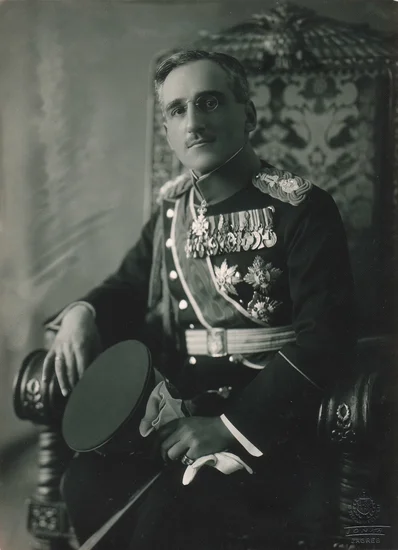
King Alexander of the Serbs, Croats and Slovenes suspended his country’s constitution, launching the January 6th Dictatorship. The monarch dissolved parliament and assumed absolute power over the fractured kingdom.
Political tensions between ethnic groups had reached a breaking point. Alexander’s authoritarian measures aimed to forge national unity but instead deepened existing divisions throughout the Balkans.
1941 – Roosevelt Delivers Four Freedoms Speech
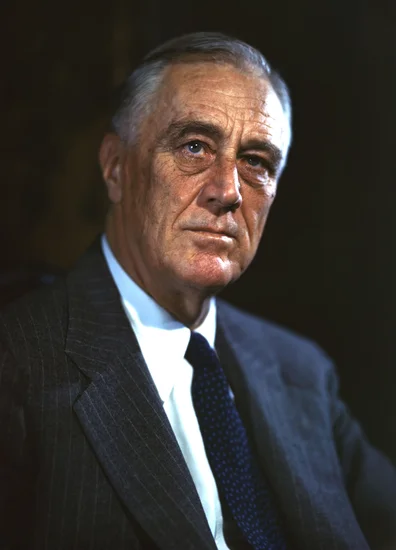
President Franklin D. Roosevelt presented his famous Four Freedoms speech during the State of the Union address. He articulated America’s vision for a world founded on freedom of speech, worship, want, and fear.
The speech galvanized American public opinion toward greater international engagement. Roosevelt’s eloquent words helped prepare the nation for its eventual entry into World War II.
1950 – Britain Recognizes People’s Republic of China
The United Kingdom officially recognized the People’s Republic of China, marking a significant diplomatic shift. The Republic of China immediately severed diplomatic relations with Britain in response to this decision.
This recognition reflected changing geopolitical realities in post-war Asia. Britain’s pragmatic approach contrasted sharply with American policy toward the communist government in Beijing.
1960 – Iraq Allows Political Party Registration
The Associations Law took effect in Iraq, permitting the registration of political parties for the first time. This legislation marked a brief democratic opening in the country’s turbulent political landscape.
Political activists seized the opportunity to organize legitimate opposition movements. The new law represented hope for democratic governance in the volatile Middle Eastern nation.
2021 – Americans Storm U.S. Capitol Building

Supporters of President Trump stormed the United States Capitol Building to disrupt certification of the 2020 presidential election results. The unprecedented attack resulted in four deaths and forced the evacuation of Congress.
The violent insurrection shook American democracy to its core. Lawmakers from both parties condemned the assault on the seat of American government and constitutional processes.
Military and Naval History on January 6
1951 – Korean War Ganghwa Massacre Begins
The Ganghwa massacre commenced during the Korean War, resulting in the deaths of an estimated 200-1,300 South Korean communist sympathizers. Government forces carried out systematic executions on the strategic island.
The atrocity reflected the brutal nature of ideological warfare on the Korean peninsula. Civilian casualties mounted as both sides pursued increasingly ruthless tactics against suspected enemies.
1967 – Operation Deckhouse Five Launches
United States Marine Corps and ARVN troops launched Operation Deckhouse Five in the Mekong River delta. The combined amphibious assault targeted Viet Cong strongholds in the strategically vital region.
The operation demonstrated evolving American military tactics in Vietnam. Joint operations with South Vietnamese forces aimed to pacify rural areas under communist influence.
1989 – Indira Gandhi Assassins Executed

Satwant Singh and Kehar Singh received death sentences for conspiracy in Prime Minister Indira Gandhi’s assassination. Indian authorities executed both men on the same day the sentences were pronounced.
The swift executions concluded a dramatic chapter in Indian political history. Gandhi’s death had triggered widespread anti-Sikh violence and deepened communal tensions across the nation.
1993 – Indian Forces Kill Kashmiri Civilians

Indian Border Security Force units killed 55 Kashmiri civilians in Sopore, Jammu and Kashmir. The massacre occurred in retaliation after militants ambushed a BSF patrol in the disputed region.
The incident escalated tensions in the Kashmir conflict significantly. International human rights organizations condemned the disproportionate use of force against innocent civilians.
Science and Discovery Milestones on January 6
1912 – Wegener Presents Continental Drift Theory
German geophysicist Alfred Wegener first presented his revolutionary theory of continental drift to the scientific community. His radical proposal suggested that continents moved across Earth’s surface over geological time.
The scientific establishment initially rejected Wegener’s groundbreaking hypothesis. Decades would pass before plate tectonics theory provided the mechanism that vindicated his prescient observations.
1930 – Cummins Demonstrates Diesel Engine Innovation
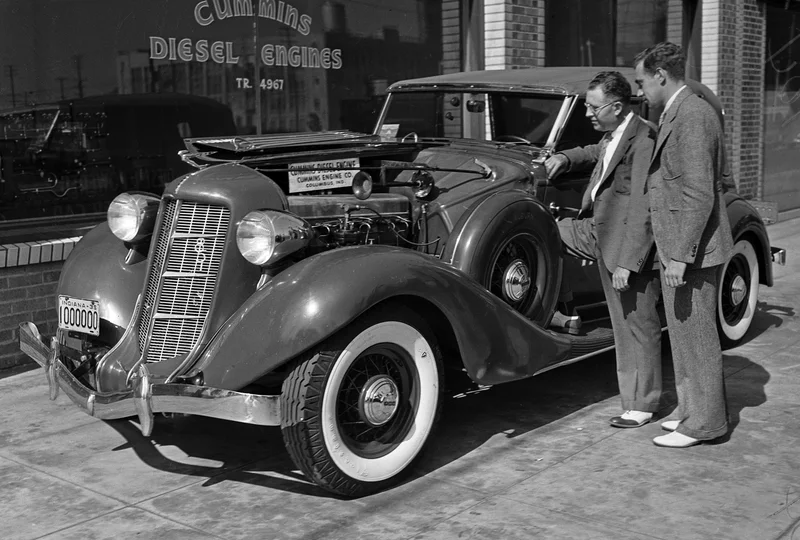
Clessie Cummins arrived at the National Automobile Show in New York City after driving from Indianapolis. His car was powered by one of his revolutionary diesel engines, demonstrating the technology’s practical applications.
The cross-country journey proved diesel engines could power passenger vehicles reliably. Cummins’ innovation would eventually transform commercial transportation and industrial machinery worldwide.
2000 – Last Pyrenean Ibex Dies
The last natural Pyrenean ibex, a female named Celia, was killed by a falling tree. Her death marked the extinction of this unique subspecies of Spanish ibex.
Scientists had been monitoring Celia as the species’ sole survivor. Her death represented a tragic loss of biodiversity in the Pyrenean mountain ecosystem.
Cultural and Arts Events on January 6
1907 – Montessori Opens First School
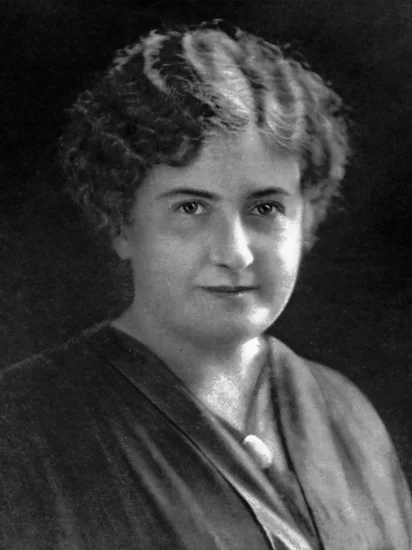
Maria Montessori opened her first school and daycare center for working-class children in Rome, Italy. The Casa dei Bambini introduced revolutionary educational methods that emphasized child-centered learning.
Montessori’s innovative approach challenged traditional authoritarian teaching methods. Her educational philosophy would eventually influence schools worldwide and transform early childhood education.
1994 – Nancy Kerrigan Attacked at Championships

Figure skater Nancy Kerrigan was attacked and injured by an assailant hired by rival Tonya Harding’s ex-husband. The assault occurred during the U.S. Figure Skating Championships, shocking the sports world.
The attack became one of the most infamous scandals in sports history. The incident dominated headlines and overshadowed the upcoming Winter Olympics in Lillehammer.
1947 – Pan Am Offers Round-the-World Tickets
Pan American Airlines became the first commercial airline to offer round-the-world tickets to passengers. This groundbreaking service opened global travel to ordinary citizens for the first time.
The innovation revolutionized international tourism and business travel. Pan Am’s bold initiative helped shrink the world and connect distant cultures through accessible air travel.
Religious and Social Events on January 6
1929 – Mother Teresa Arrives in Calcutta
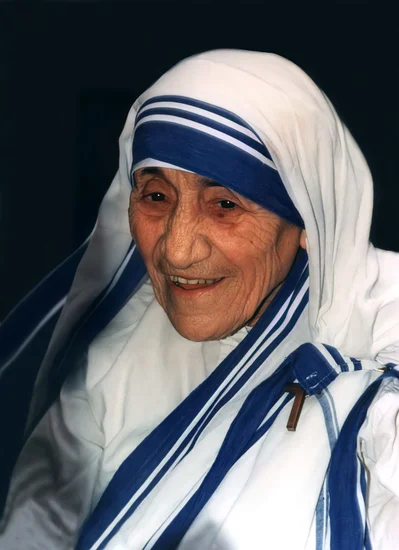
Mother Teresa arrived by sea in Calcutta, India, to begin her humanitarian work among the poorest and sickest people. The young Albanian nun would dedicate her life to serving the most vulnerable populations.
Her arrival marked the beginning of an extraordinary mission of compassion. Mother Teresa’s work in Calcutta’s slums would eventually earn her global recognition and sainthood.
1946 – First General Election in Vietnam
Vietnam conducted its first general election in the nation’s history. The historic vote took place amid complex political circumstances following World War II.
The election represented a crucial step toward Vietnamese self-determination. However, the results would be overshadowed by escalating conflicts between competing political factions.
2005 – Edgar Ray Killen Indicted for Civil Rights Murders
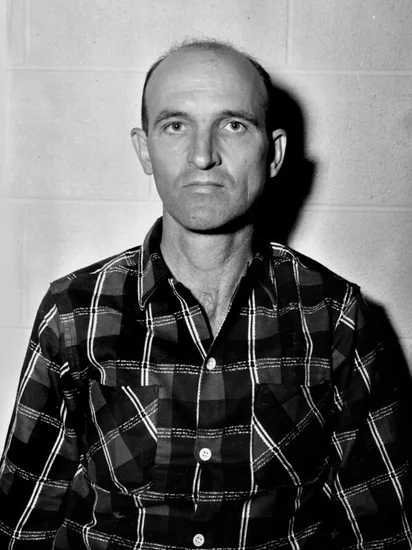
Edgar Ray Killen was indicted for the 1964 murders of civil rights workers Chaney, Goodman, and Schwerner. The long-delayed justice brought renewed attention to unsolved crimes from the Civil Rights Movement.
The indictment represented a breakthrough in a decades-old case. Families of the victims finally saw legal accountability for one of the movement’s most notorious crimes.
Business and Economic Events on January 6
1974 – Early Daylight Saving Time Begins
The United States commenced daylight saving time nearly four months early in response to the 1973 oil crisis. The emergency measure aimed to conserve energy during peak consumption hours.
The unprecedented schedule change reflected the severity of the energy shortage. American consumers faced long gas lines and rising fuel costs throughout the crisis period.
1995 – Project Bojinka Plans Discovered
A chemical fire in a Manila apartment complex led to the discovery of plans for Project Bojinka. The mass-terrorist attack scheme targeted commercial aviation and political leaders worldwide.
The discovery revealed the scope of international terrorist planning. Intelligence agencies gained crucial insights into evolving threats against civilian targets and transportation systems.
2019 – Gold Mine Collapse in Afghanistan
Forty people died when a gold mine collapsed in Badakhshan province, northern Afghanistan. The tragedy highlighted dangerous working conditions in the country’s informal mining sector.
The accident underscored Afghanistan’s economic struggles and poor safety standards. Mining provided crucial income for local communities despite significant occupational hazards.
Transportation and Infrastructure on January 6
1960 – National Airlines Flight 2511 Destroyed

National Airlines Flight 2511 was destroyed in mid-air by a bomb while traveling from New York City to Miami. The terrorist attack killed all passengers and crew aboard the commercial flight.
The bombing shocked the aviation industry and traveling public. The incident highlighted growing security concerns in commercial aviation during the 1960s.
2005 – Train Collision Releases Chlorine Gas

A train collision in Graniteville, South Carolina, released approximately 60 tons of chlorine gas into the atmosphere. The toxic chemical cloud forced massive evacuations and caused multiple casualties.
The disaster demonstrated the dangers of transporting hazardous materials through populated areas. Emergency responders worked heroically to contain the toxic spill and protect local residents.
1968 – Aeroflot Flight 1668 Crashes

Aeroflot Flight 1668 crashed near Olyokminsk, killing all 45 people aboard. The accident occurred in harsh Siberian conditions that complicated rescue efforts.
The tragedy highlighted aviation safety challenges in remote regions. Soviet authorities launched investigations into the causes of the devastating crash.
Sports and Recreation on January 6
1978 – Burt Munro Sets Speed Records
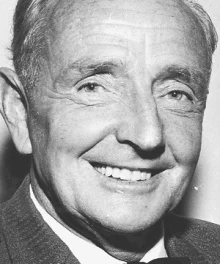
Legendary motorcycle racer Burt Munro passed away, ending an era of speed record achievements. The New Zealand native had set multiple land speed records on his modified Indian motorcycle.
Munro’s determination and mechanical genius inspired generations of racers. His exploits at Utah’s Bonneville Salt Flats became the stuff of motorsport legend.
1920 – Earl Scruggs Born

Banjo virtuoso Earl Scruggs was born, destined to revolutionize bluegrass music. His innovative three-finger picking technique would transform the banjo from rhythm instrument to lead voice.
Scruggs’ partnership with Lester Flatt created some of country music’s most enduring classics. His technical innovations influenced countless musicians across multiple genres.
1949 – Mike Boit Born

Kenyan middle-distance runner Mike Boit entered the world, beginning a journey toward Olympic glory. His natural talent and dedication would establish him as one of Kenya’s greatest athletes.
Boit’s achievements helped establish Kenya’s dominance in distance running. His success inspired a generation of Kenyan athletes to pursue international competition.
Notable Births on January 6
1915 – Alan Watts Born
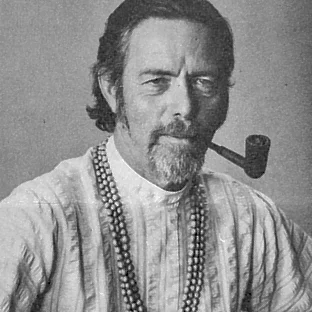
Philosopher and author Alan Watts was born in England, beginning a life dedicated to interpreting Eastern philosophy for Western audiences. His childhood experiences shaped his later spiritual inquiries.
Watts would become one of the most influential interpreters of Zen Buddhism and Taoism. His writings and lectures introduced millions to Eastern spiritual concepts and practices.
1920 – Sun Myung Moon Born
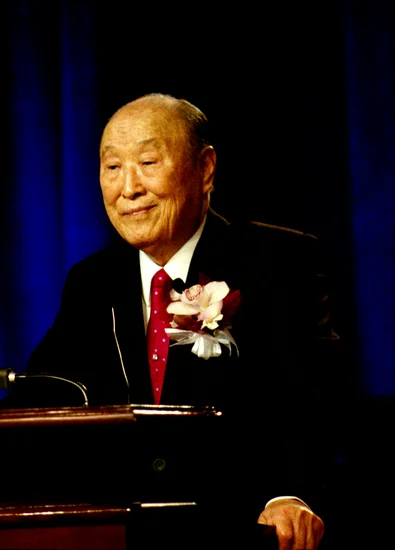
Korean religious leader Sun Myung Moon was born, destined to found the controversial Unification Church. His early life experiences in Japanese-occupied Korea influenced his later theological developments.
Moon’s religious movement would spread globally and generate significant controversy. His teachings blended Christian theology with Korean shamanistic traditions and anticommunist politics.
1924 – Kim Dae-jung Born
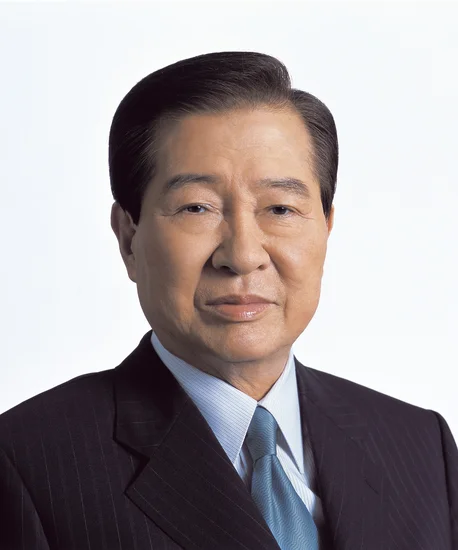
Future South Korean President Kim Dae-jung was born into a farming family. His early experiences with poverty and oppression shaped his lifelong commitment to democracy and human rights.
Kim would survive assassination attempts and imprisonment to become president. His “Sunshine Policy” toward North Korea earned him the Nobel Peace Prize in 2000.
1925 – John DeLorean Born
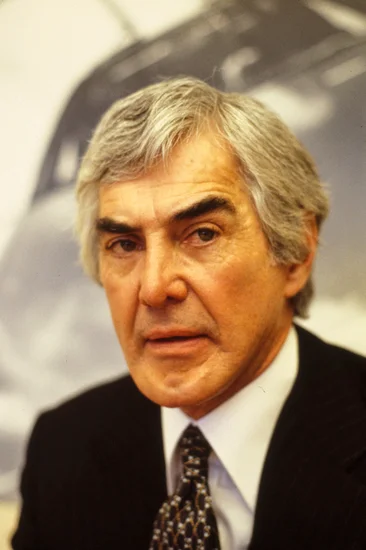
American engineer and entrepreneur John DeLorean was born in Detroit, Michigan. His automotive industry career would encompass both spectacular success and dramatic failure.
DeLorean’s innovative designs revolutionized car manufacturing at General Motors. His independent car company and legal troubles later overshadowed his engineering achievements.
1946 – Syd Barrett Born

Pink Floyd founder Syd Barrett was born in Cambridge, England. His musical genius and psychological struggles would profoundly influence psychedelic rock music.
Barrett’s creative vision helped establish Pink Floyd’s early sound and aesthetic. His departure from the band due to mental health issues became one of rock’s most tragic stories.
1955 – Rowan Atkinson Born
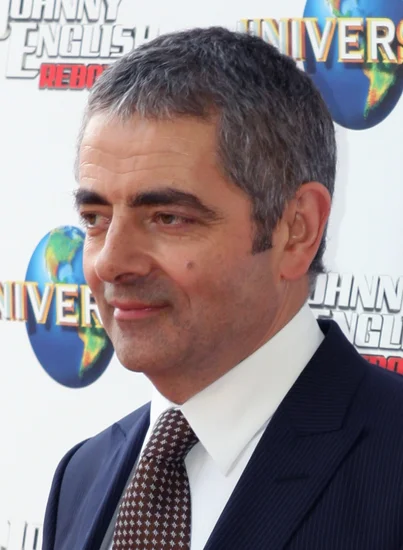
British comedian Rowan Atkinson was born, beginning a journey toward international comedy stardom. His unique physical comedy style would entertain millions worldwide.
Atkinson’s Mr. Bean character became a global phenomenon transcending language barriers. His comedy genius combined brilliant physical performance with impeccable timing.
1960 – Nigella Lawson Born

British celebrity chef and food writer Nigella Lawson was born into a prominent political family. Her sophisticated approach to cooking would revolutionize food television and publishing.
Lawson’s sensual presentation style transformed cooking shows into entertainment. Her cookbooks and television programs influenced how millions approached home cooking.
1969 – Norman Reedus Born

American actor Norman Reedus was born, beginning a path toward television and film stardom. His distinctive screen presence would captivate audiences across multiple genres.
Reedus achieved breakthrough success as Daryl Dixon in “The Walking Dead.” His portrayal of the crossbow-wielding survivor became central to the show’s massive popularity.
Notable Deaths on January 6
1919 – Theodore Roosevelt Dies
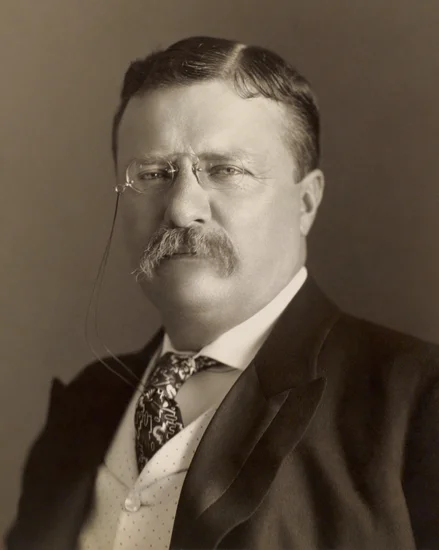
The 26th President of the United States, Theodore Roosevelt, passed away at age 60. The former Rough Rider and Nobel Peace Prize winner had remained politically active until his final years.
Roosevelt’s progressive reforms and conservation efforts transformed American society. His dynamic personality and “speak softly and carry a big stick” philosophy defined early 20th-century American leadership.
1942 – Emma Calvé Dies
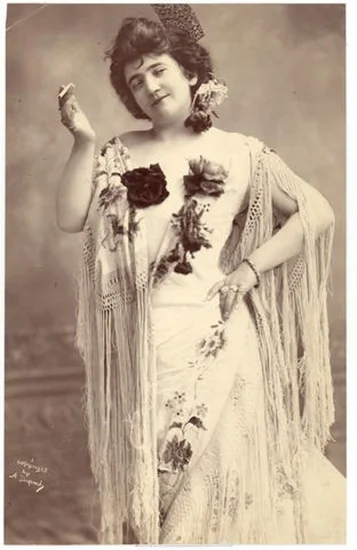
French soprano Emma Calvé passed away, ending one of opera’s most celebrated careers. Her passionate performances had captivated audiences across Europe and America for decades.
Calvé’s interpretation of Carmen became the definitive standard for future generations. Her dramatic intensity and vocal power established her as one of opera’s greatest stars.
1993 – Dizzy Gillespie Dies
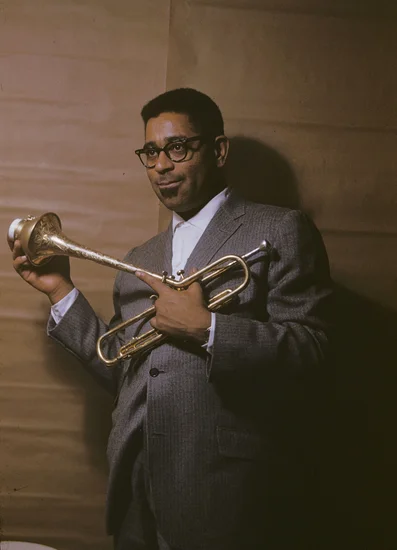
Jazz trumpet legend Dizzy Gillespie passed away, concluding a revolutionary career in American music. His innovations in bebop and Latin jazz had transformed the genre forever.
Gillespie’s distinctive playing style and bent trumpet became iconic symbols of jazz. His collaborations with Charlie Parker and other masters created the soundtrack of modern jazz.
1993 – Rudolf Nureyev Dies

Russian ballet dancer Rudolf Nureyev passed away in Paris, ending an extraordinary career. His defection from the Soviet Union in 1961 had shocked the dance world.
Nureyev’s passionate performances and technical brilliance revolutionized male ballet dancing. His partnerships with Margot Fonteyn created some of ballet’s most memorable moments.
2022 – Sidney Poitier Dies
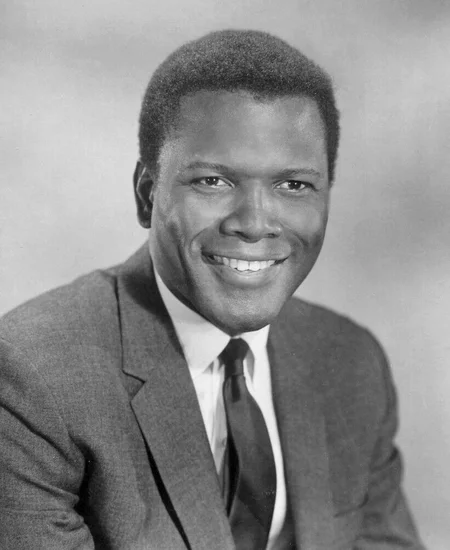
Bahamian-American actor Sidney Poitier passed away, concluding a groundbreaking career in Hollywood. His dignified performances had broken racial barriers in American cinema.
Poitier became the first Black actor to win an Academy Award for Best Actor. His success paved the way for future generations of minority actors in Hollywood.
2022 – Peter Bogdanovich Dies
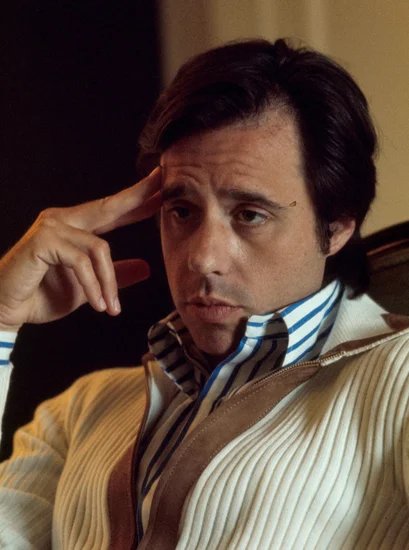
American film director Peter Bogdanovich passed away, ending a distinguished career in Hollywood. His innovative filmmaking had helped define the New Hollywood movement of the 1970s.
Bogdanovich’s films like “The Last Picture Show” captured the essence of American small-town life. His directorial style influenced countless filmmakers throughout his career.
Holidays and Observances on January 6
Epiphany Celebrated Worldwide
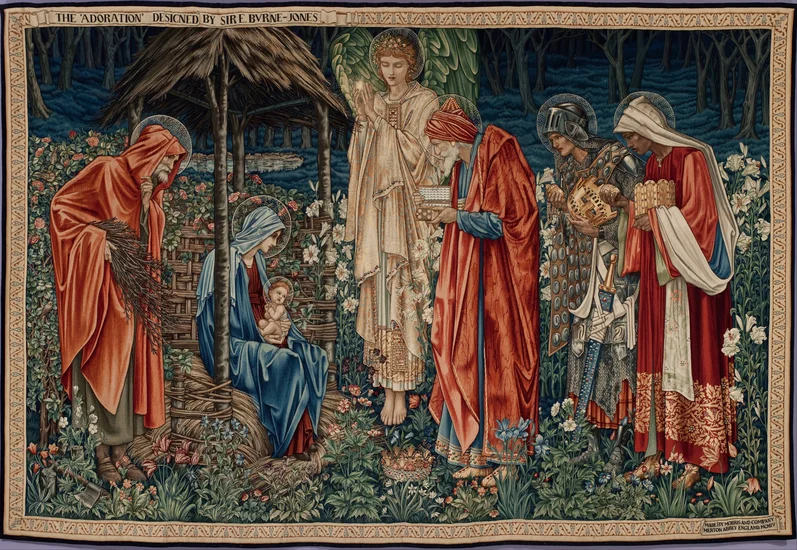
Western Christianity observes Epiphany or Three Kings’ Day, commemorating the visit of the Magi to the infant Jesus. Eastern Christianity celebrates Theophany, marking Christ’s baptism in the Jordan River.
The holiday represents the manifestation of Christ’s divinity to the world. Many cultures exchange gifts and hold special religious services to mark this sacred occasion.
Christmas Celebrations Continue

The Armenian Apostolic Church celebrates Christmas on January 6th, following the traditional Julian calendar. This ancient Christian tradition maintains historical liturgical practices.
Armenian communities worldwide gather for special church services and family celebrations. The holiday emphasizes spiritual reflection and cultural preservation through religious observance.
Little Christmas in Ireland
Ireland observes “Little Christmas” or Nollaig na mBan, traditionally celebrating women’s contributions to holiday preparations. The day provides rest for women after Christmas festivities.
Irish families often extend Christmas celebrations through this traditional observance. The holiday reflects Ireland’s rich cultural heritage and community-centered values.
